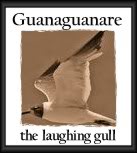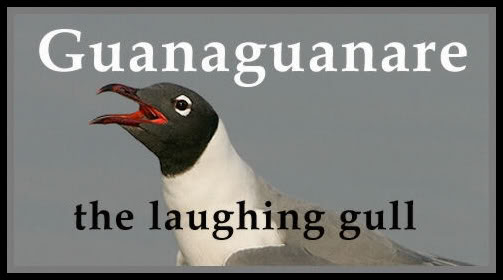CELAC Signals Start of a New Era in Latin America...............................................................................................................................
By Guy Taylor
World Politics Review | 05 May 2011A new regional cooperation bloc to include every country in the Americas except Canada and the United Sates has received almost no coverage in the English-language media. Some observers, however, believe the Community of Latin American and Carribean States -- CELAC for its Spanish acronym -- represents the first step in a historic geopolitical shift away from an era dominated by pro-U.S. policies.
"It's a regional grouping for a new era really, which is no longer about free trade and neoliberalism," says Alexander Main at the Center for Economic and Policy Research in Washington.
Foreign ministers from several of CELAC's 32 member countries approved a draft document outlining procedures and an operational framework for the organization in Caracas, Venezuela, last month. Some are calling the document an official charter, and according to Main, who spoke with Trend Lines earlier this week, its official approval is now very likely by the time Latin American heads of state gather for the organization's inaugural summit in July.
CELAC's makeup is similar to that of the Rio Group, an informal grouping of Latin American and Caribbean states begun in 1986 and heralded as an alternative forum to the Organization of American States (OAS), of which both Canada and the United States are members. The core difference is that upon official approval of its framework document, CELAC will take a step toward a level of formal and legal legitimacy never enjoyed by the Rio Group.
Furthermore, according to Main, past regional gatherings of foreign and finance ministers have "never been so comprehensive, with all of the countries of Latin America and the Caribbean present -- and the U.S. and Canada completely absent."
CELAC has the support of both Mexico and Brazil, the weightiest economic forces in the Americas when Canada and the United States are not present. One of the bloc's key features is a collective desire to increase regional "solidarity and social inclusion and enhance 'complementarity' between the region's economies," said Main.
"They're trying to figure out ways their economies can complement each other, rather than follow the strict path of competitive economic relations," he said, noting that recent years have also been characterized by an increasingly shared political agenda among Latin American governments regardless of their internal politics.
"It's not just Bolivia and Ecuador [or Venezuela] that are trying to push a social agenda," said Main. "Governments, regardless of whether they lean right or left, are giving more priority to addressing the symptoms and the causes of poverty, at a minimum in their discourse, as well as making a priority of a social agenda that was for so long undermined, even marginalized during the phase of neoliberalism."
With the U.S. economy alone equal to that of all other countries in the region combined, relations and trade agreements have long been dominated by U.S. policy. The OAS has, in turn, played a dominant role as the region's international cooperation and coordination body.
While Main asserted that one driving force behind CELAC has been a shared antipathy among high-level regional players toward the United States' historically self-important posture within the OAS, the extent to which CELAC may undercut the organization's dominance during the years ahead remains to be seen.
Alexander Main offers regular analysis on Latin American affairs at the Center for Economic and Policy Research. He authored this piece about CELAC's formation last year.
"Patria est communis omnium parens" - Our native land is the common parent of us all. Keep it beautiful, make it even more so.
Blessed is all of creation
Blessed be my beautiful people
Blessed be the day of our awakening
Blessed is my country
Blessed are her patient hills.
Mweh ka allay!
Guanaguanare












0 comments:
Post a Comment